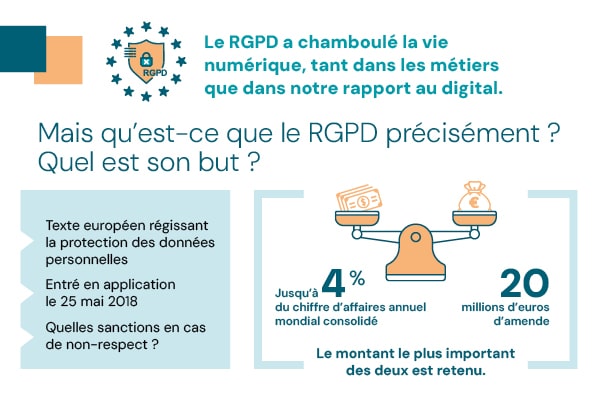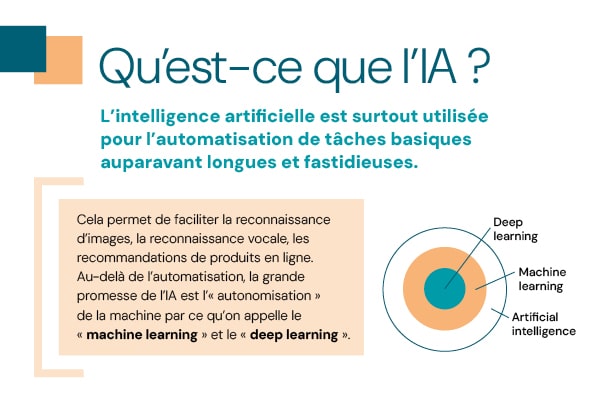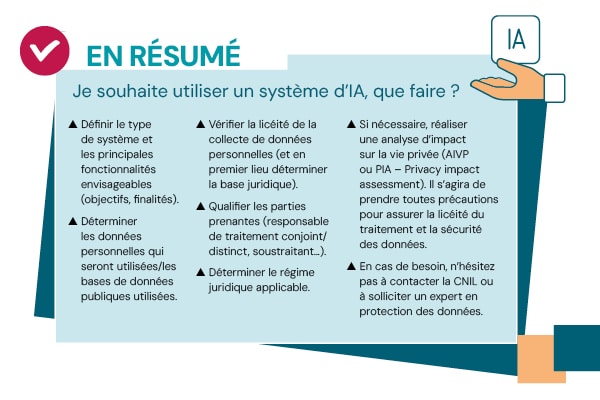Now a must, the RGPD is having an obvious impact on many functions, particularly in the technical and legal fields. However, there are other professions, such as marketing, whose function is based on data collection.
Faced with this legal revolution, marketing professionals have been forced to rethink their approaches. The RGPD represents a radical change in the way companies interact with their customers. personal data of their customers. AI plays a role key to managing this data.
Whether you're a seasoned marketer looking to optimise your practices or you're just getting to grips with the RGPD, our white paper, written with our expert Marie-Hélène Gostiaux explains to you how these regulations affect the marketing function, details the opportunities and adjustments needed to remain compliant with data processing requirements, while continuing to innovate.
In summary
- Definition and context
- Put into practice
- GDPR and marketing function
- The marketing function, artificial intelligence and the RGPD: what progress has been made?
Excerpts
To find out more
View and download the white paper
3 extracts

Definition of RGPD | Page 5
Regulation (EU) 2016/679 of the European Parliament and of the Council of 27 April 2016 on the protection of individuals with regard to the processing of personal data and on the free movement of such data or "General Data Protection Regulation" (known as "GDPR") is a European text governing the protection of personal data, which came into force on 25 May 2018.
Definition of AI | Page 23
Artificial intelligence is defined by the CNIL as "a logical and automated process generally based on an algorithm and capable of carrying out well-defined tasks".


Using an AI system | Page 25
In October 2023, the French Data Protection Authority (CNIL) confirmed that the development of AI systems is compatible with privacy protection issues, provided that certain red lines are not crossed and certain conditions are met. To this end, it has published practical information sheets to help assess the level of risk posed by an AI system, if all or part of it involves personal data.




